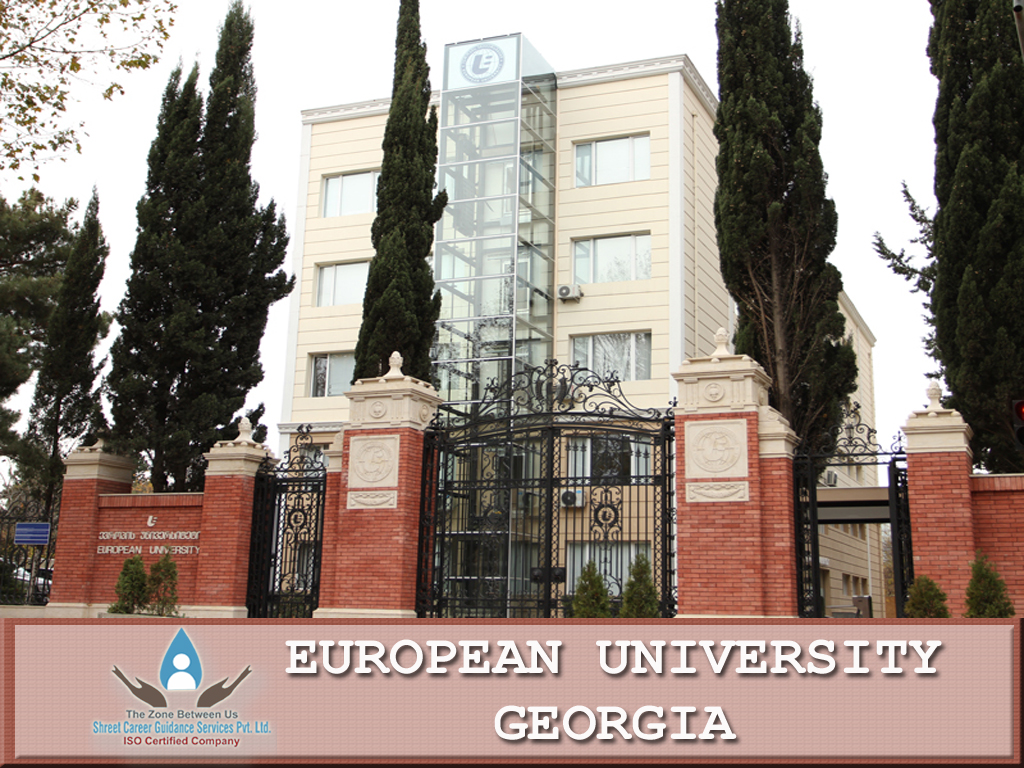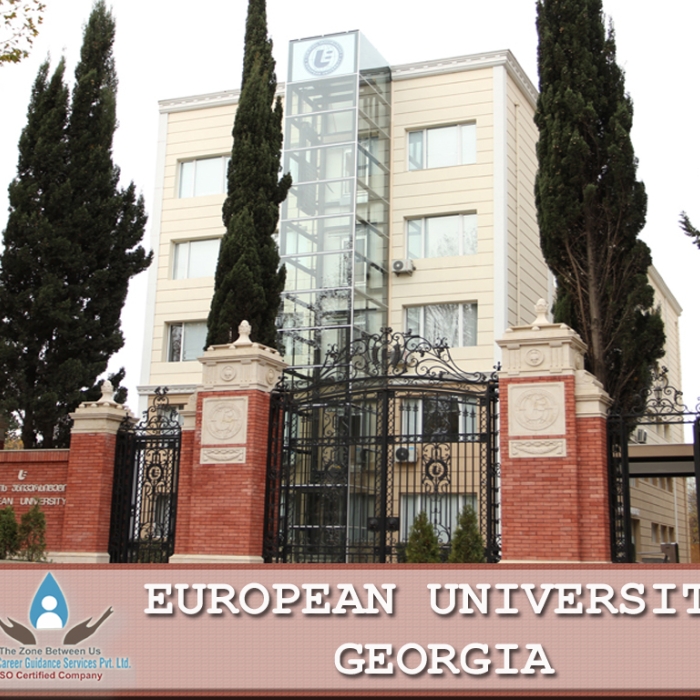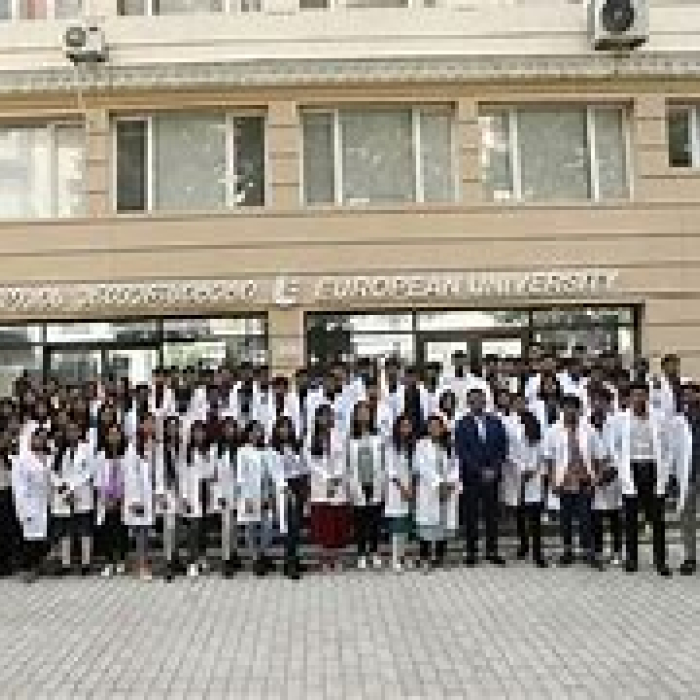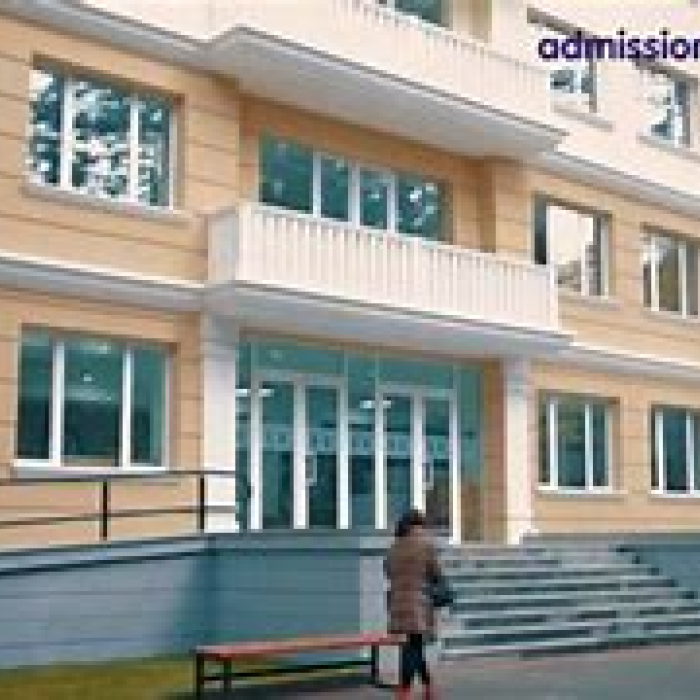Overview
European University is a prominent private institution of higher education located in Tbilisi, Georgia. It is known for its modern approach to education, international student body, and strong academic programs. Here's an in-depth look at various aspects of the university.
European University was established in 1995 as the first non-governmental higher education institution in Georgia. It was founded with the mission to provide quality education that meets international standards and to prepare students to become competent and responsible professionals in their respective fields.
Since its establishment, European University has been continuously expanding its academic programs and enhancing its facilities to cater to the growing demand for higher education in Georgia.
European University was established with the goal of providing high-quality education in a diverse, multicultural environment. The university emphasizes academic excellence, innovative teaching methods, and a commitment to preparing students for the global job market. While relatively young compared to some of Georgia's older institutions, it has rapidly gained a reputation for its modern approach and growing academic portfolio.
One of the standout features of European University is its Medical School, which is one of the most popular and competitive programs at the university. The medical program is designed to meet international standards, and many international students choose European University specifically for this faculty.
The university's Faculty of Medicine offers a Bachelor's in Medicine and Master's in Medicine, which are internationally recognized.
It also offers Postgraduate Programs in various medical and health science fields.
Students benefit from practical training and clinical placements at top medical institutions in Georgia.
European University’s medical program is particularly popular with students from countries such as India, Pakistan, Turkey, and other regions seeking quality medical education in Europe.
European University places a significant emphasis on research, especially in fields such as medicine, law, business, and social sciences. The university supports research activities through dedicated research centers, collaborations with other institutions, and participation in international academic conferences.
The university encourages students to engage in academic research projects, which are often integrated into the curriculum. Faculty members are actively involved in research in their respective fields, contributing to European University's growing reputation for research and innovation.
European University has built strong ties with universities, research institutions, and organizations around the world. These collaborations help students gain exposure to global educational standards and offer opportunities for student exchange programs, internships, and joint research projects.
The university has established partnerships with universities in:
- Europe (such as the UK, Germany, and France)
- Asia (including Turkey, India, and China)
- The United States
European University in Tbilisi, Georgia, is a growing educational institution offering a range of programs in various fields, particularly in business, medicine, law, and social sciences. With its diverse international student body, modern facilities, and focus on academic excellence, it is becoming a preferred choice for students from around the world seeking high-quality education in Georgia.
Global Rankings:
Ranked 1501+ in the 2024 Times Higher Education (THE) Impact Rankings, which evaluates universities' performance in achieving the United Nations Sustainable Development Goals (SDGs)
Sustainable Development Goals:
SDG 4 (Quality Education): Ranked 1001–1500 globally and the top in Georgia for ensuring accessible and quality education.
SDG 5 (Gender Equality) and SDG 16 (Peace, Justice, and Strong Institutions): Ranked 601–800 globally.
SDG 17 (Partnerships for the Goals): Positioned at 1501+ globally
National and Regional Rankings:
Among 57 higher education institutions in Georgia, it is ranked 26th overall.
Specialized Recognition:
Noted for its modern medical and research infrastructure, including contributions to law, globalization studies, and medicine.
The university is committed to fostering global partnerships and providing innovative, quality education, particularly in the fields of medicine, technology, and law. For further details, you can explore the university's official site or THE rankings database.
Location
The European University is located in Tbilisi, Georgia, specifically at Guramishvili Avenue 76, Tbilisi, 0141. It is situated in the capital city, which is the cultural and educational hub of Georgia. The university's urban setting provides access to a vibrant city environment, ideal for students from various academic disciplines







.jpg)
.jpg)
.jpg)

